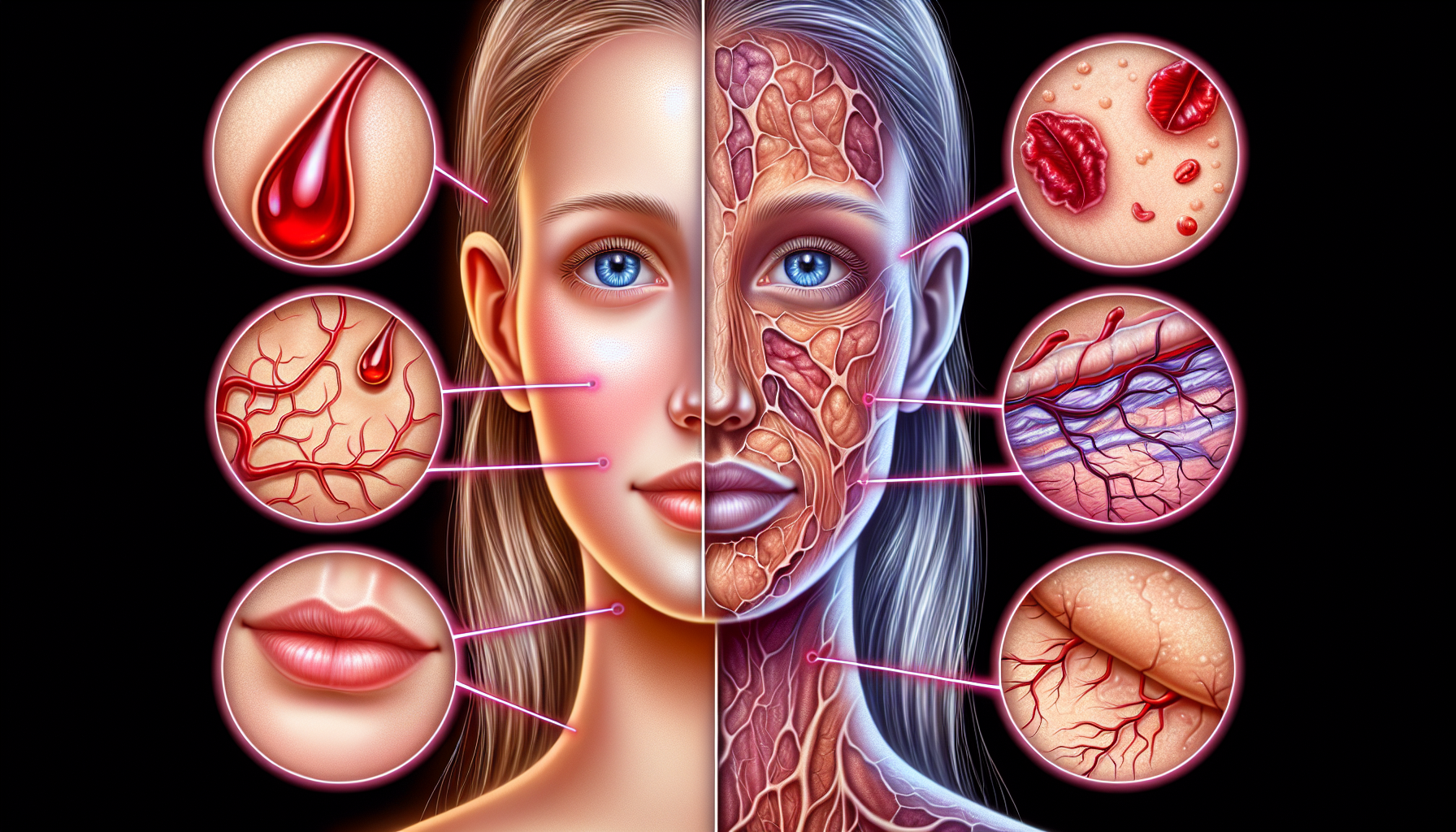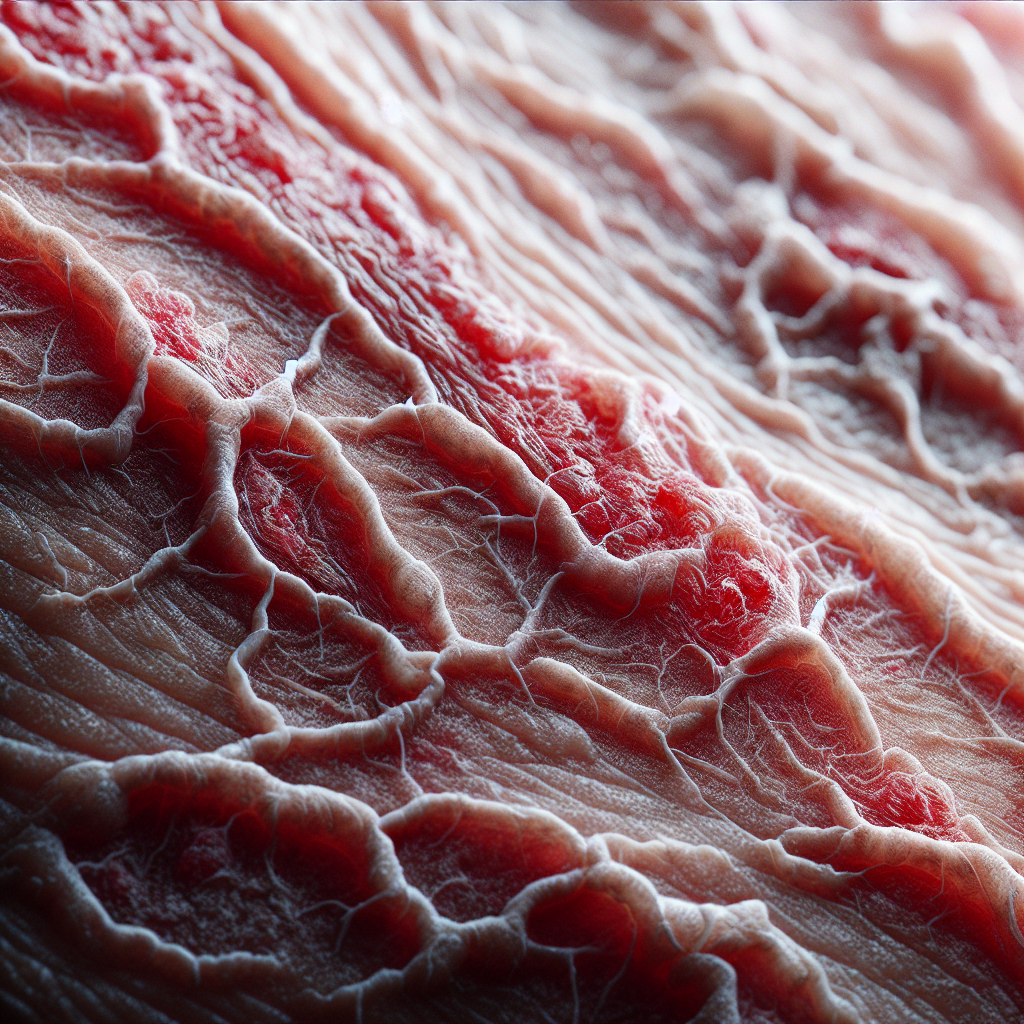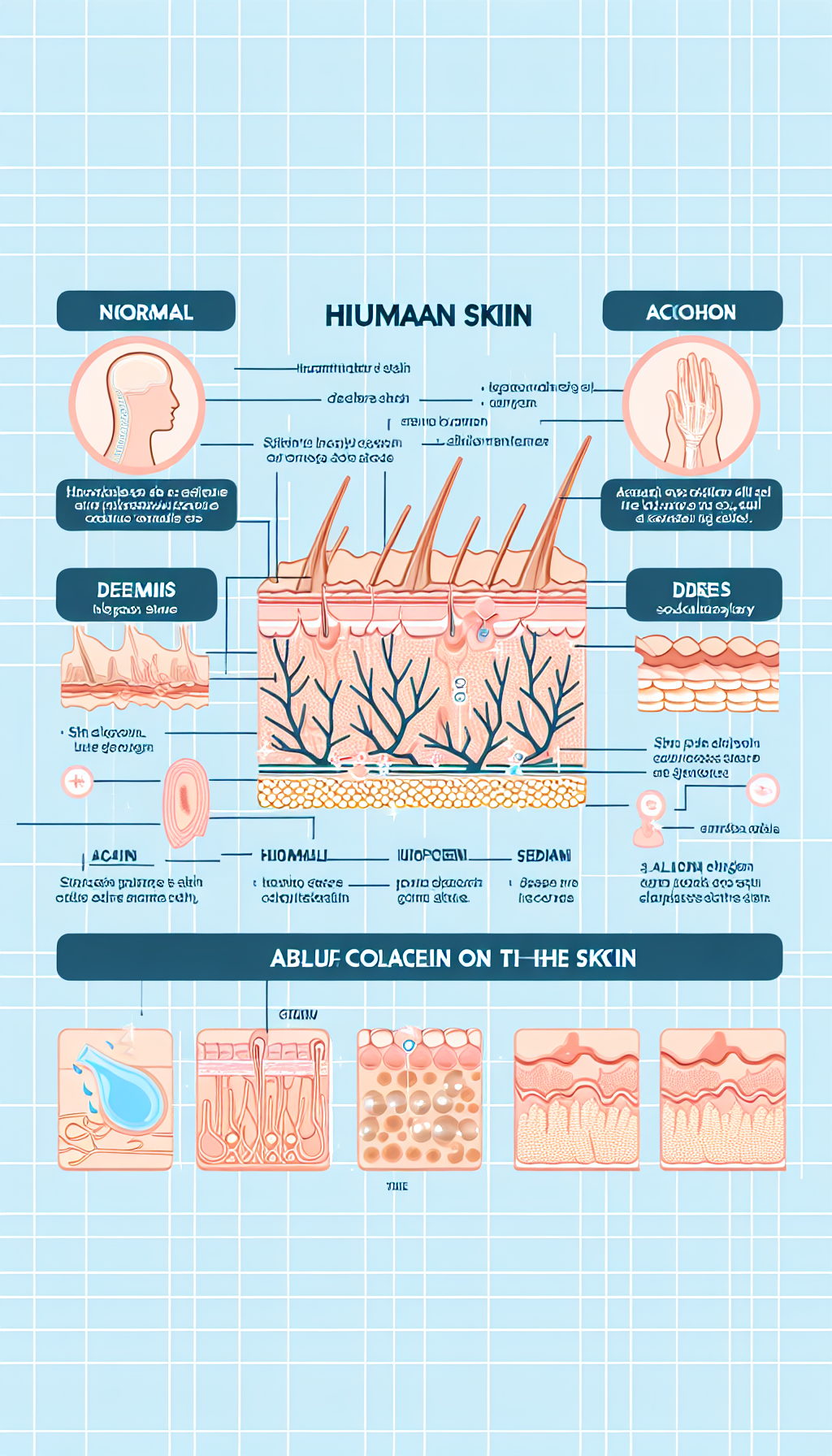Excessive alcohol consumption is a well-documented health hazard with a multitude of adverse effects on the body, including its largest organ, the skin. Understanding the impacts of alcohol on skin health and appearance is crucial, as the skin often reflects one’s overall health status. In this comprehensive exploration, we will delve into how alcohol affects the skin, methods to mitigate these effects, and strategies to support skin health for those who choose to drink.
Alcohol and Skin Health: A Complex Relationship
Alcohol affects the skin in various ways, some of which are immediately visible, while others accumulate over time. One of the primary issues is dehydration; alcohol is a diuretic, which means it encourages the body to lose more water than it takes in. This lack of hydration not only affects the skin’s plumpness and elasticity but can also exacerbate conditions like eczema or dry skin, especially in extreme climates.
Additionally, alcohol can cause vasodilation, where blood vessels expand, leading to a flushed appearance and, over time, to the development of spider veins. This is particularly pronounced in conditions like rosacea, where alcohol is a known trigger for flare-ups. For those seeking to understand this link further, exploring the role of diet in managing rosacea symptoms is a valuable resource.
Inflammatory Responses and Nutritional Deficiencies
Regular alcohol intake can also trigger inflammatory responses in the body, which can manifest in the skin. This inflammation can accelerate aging, disrupt the skin barrier, and aggravate conditions like acne. Alcohol’s impact on the gut, an essential aspect of digestive health, can also lead to skin issues. An unhealthy gut may contribute to inflammation and oxidative stress, two factors that directly affect skin health.
Moreover, alcohol interferes with the absorption and processing of vital nutrients important for skin health, such as vitamin A, C, D, E, and the B complex vitamins. This nutritional deficiency can lead to a lackluster complexion and hinder skin repair and renewal processes.
Alcohol’s Role in Premature Aging
Collagen and elastin, two proteins crucial for maintaining the skin’s structure and elasticity, are negatively affected by alcohol. The breakdown of these proteins leads to signs of premature aging such as wrinkles, loss of firmness, and a general decrease in skin’s youthful appearance. Research into the power of peptides in skin firmness can provide insights into combating these effects.
Hormonal Imbalances and Skin Texture
Alcohol consumption can lead to hormonal imbalances, which in turn can cause a variety of skin issues. For instance, an increase in androgen levels can cause the sebaceous glands to produce more oil, potentially resulting in an oily complexion and acne outbreaks. Understanding the causes of adult acne and how to fight it can help in developing a targeted skincare routine.
Mitigating the Effects of Alcohol on Skin
To mitigate the effects of alcohol on the skin, it is essential to:
- Hydrate: Increase water intake to combat the dehydrating effects of alcohol.
- Balanced Diet: Ensure a diet rich in antioxidants and essential fatty acids to support skin health. Resources on the benefits of omega-3s for healthy skin can guide proper nutrition.
- Skincare Routine: Develop a skincare routine that includes products to hydrate, protect, and repair the skin.
- Moderation: Limit alcohol intake to reduce its impact on the skin.
External Resources for Further Reading
For those interested in further exploring the relationship between alcohol and skin health, consider these niche resources:
- A study on the Impact of Alcohol on Skin Aging and Pigmentation at Journal of Clinical and Aesthetic Dermatology.
- Alcohol and Skin Disorders: With Clinical and Histopathological Findings available through PubMed Central.
- The Skin Microbiome and Alcohol: Analyzing how alcohol consumption can alter skin bacteria at International Journal of Cosmetic Science.
Conclusion
Alcohol’s effects on skin health and appearance are far-reaching and can exacerbate or lead to the development of various skin conditions. While moderate alcohol consumption can be a part of a balanced lifestyle, it is essential to understand its potential impacts on the skin. By staying informed, hydrating adequately, maintaining a nutrient-rich diet, and following a diligent skincare regime, one can help mitigate the negative effects of alcohol and maintain healthier, more resilient skin.



